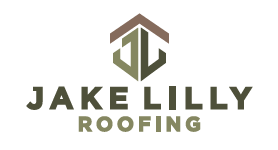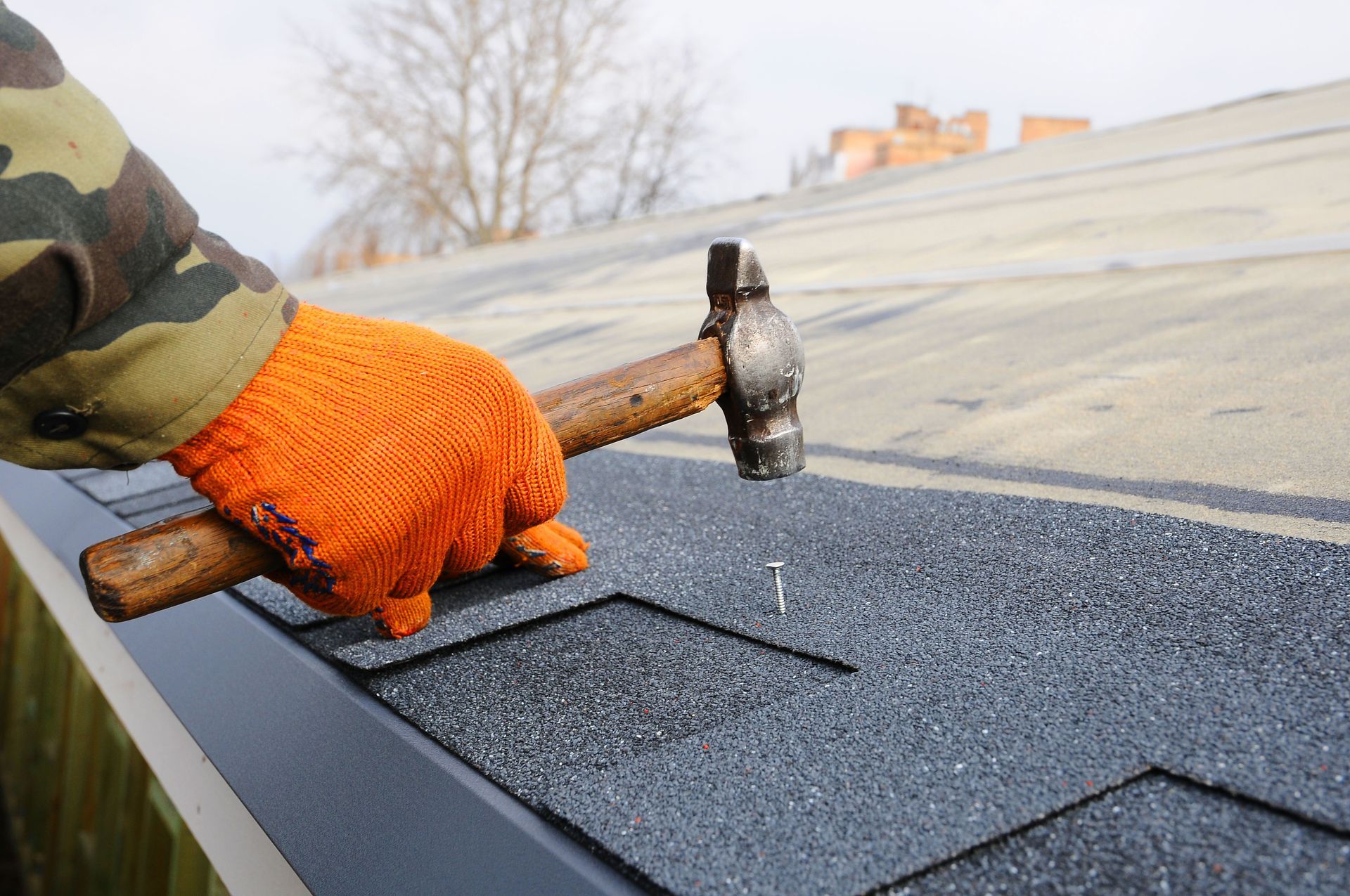What to Expect When You Hire a Local Roofer
Hiring a local roofer can be a daunting task if you are not familiar with the process. This article outlines what homeowners can expect when they engage a local roofing contractor, focusing on key considerations, preparations, and selecting the right roofer for the job.
Understanding the Roofing Process
Initial Consultation and Inspection
The initial consultation with a local roofer is a crucial step where homeowners can discuss their roofing needs. A professional roofer will assess the current condition of the roof and identify potential problems. This thorough inspection helps in understanding the scope of work required. During this stage, the roofer may take measurements and discuss various roofing options tailored to your needs. According to Zillow, typically, your roof should be inspected at least once a year to maintain its integrity and longevity, making this initial inspection even more valuable.
Estimation and Quote Provision
After the initial inspection, the roofer will provide an estimate that includes a breakdown of costs for materials, labor, and other necessary expenses. This estimate is crucial as it helps homeowners set a realistic budget for the project. It’s important to ask the roofer to explain any charges and ensure there are no hidden fees involved. Reviewing multiple quotes from different roofing contractors can also offer better insights into fair pricing. A detailed quote helps in making an informed decision for your roofing project.
Project Timeline Development
Once the estimation is agreed upon, developing a project timeline becomes the next step. The timeline outlines the start and completion date, ensuring the work aligns with homeowners' schedules. This helps in organizing any adjustments or preparations needed at home before roofing begins. It also includes key milestones to track progress, which is essential for adherence to deadlines and efficient site management. Effective timeline management reduces the likelihood of delays and increases project satisfaction.
Material Selection Guidance
The right materials are vital for a durable and aesthetically pleasing roof. A reputable roofer will provide guidance on various materials such as shingles, tiles, or metal roofing, each with its advantages. Factors such as cost, durability, and local climate are considered when selecting materials. Homeowners should understand the pros and cons before making a choice. Also, verifying the warranty of selected materials ensures long-term security.
Finalizing Contracts and Agreements
Agreements are formalized after all details of the project, material choices, and timelines are clear. A well-drafted contract includes all nuances of the project, from payment terms and warranty details to project specifications. It protects both parties by providing clear details of expectations and obligations. Understanding every clause in the contract is necessary before signing. This step solidifies the commitment and kicks off a smooth working relationship with the contractor.
Licensing and Insurance Requirements
Importance of Professional Licensing
Professional licensing is crucial when choosing a local roofer to ensure they meet industry standards. A licensed roofer demonstrates a level of professionalism and competence necessary for quality service. Verifying a contractor’s licensing status protects homeowners from unscrupulous providers. This step is often overlooked but ensures compliance with state or local regulations. It’s a critical assurance that the roofer can handle the job safely and effectively.
Insurance Coverage Essentials
Insurance coverage is a non-negotiable aspect when hiring a local roofer, as it provides a safety net for unforeseen incidents. Comprehensive insurance protects homeowners from liability in case of accidents or damages during the roofing project. A professional roofer will have both liability insurance and workers’ compensation. Homeowners should request proof of insurance and verify its validity before the work begins. Ensuring adequate coverage offers peace of mind and safeguards your investment.
Verifying Credentials and Legitimacy
Before finalizing a contractor, it’s important to verify their credentials to ensure legitimacy. Checking references and reading reviews from past clients gives valuable insights into the roofer’s reliability and performance. Legitimate companies often have better testimonials and provide precise documentation. Homeowners should also verify a roofer's association with professional organizations that indicate an adherence to high standards of practice. Comprehensive credential checks minimize the risks of hiring unqualified contractors.
Compliance with Local Building Codes
Compliance with local building codes is vital as roofing projects must meet specific safety and structural standards. A seasoned roofer will be knowledgeable about these local regulations and ensure all work is performed lawfully. Failing to adhere to building codes can result in fines and complications when selling the property. Homeowners should discuss these requirements with their contractor up front. Ensuring compliance fosters a smooth project process and avoids legal complications.
Understanding Warranty Terms and Conditions
Understanding a roofer’s warranty terms is crucial to ensure protection post-installation. Warranties typically cover materials and workmanship for a specific period. It’s imperative for homeowners to review the scope of coverage, duration, and any exclusions in the warranty provided by both the manufacturer and the contractor. A comprehensive warranty safeguards against defects and future repairs. Knowledge of these terms ensures long-term satisfaction and security with your roofing investment.
Budgeting and Cost Expectations
Setting a Realistic Budget
Setting an appropriate budget is key to managing a roofing project effectively. Allocating finances by assessing material costs, labor, and unforeseen expenses positions homeowners for success. A clear budget prevents overspending and financial strain during the project. Discussing budgetary needs with your local roofer enables transparency and collaboration. This step is fundamental in aligning project aspirations with financial realities.
Factors Influencing Roofing Costs
Various factors influence the overall roofing cost, such as the type of materials used, roof size, and labor complexity. Each roofing material carries distinct pricing norms that affect the total expenditure. Additionally, regional labor costs and project scale must be factored into budgeting. Homeowners should discuss these aspects with their roofer to grasp potential price points. Understanding cost influences helps tailor expectations and financial planning accordingly.
Breaking Down the Quote and Charges
A quote breakdown provides clarity on what each service or material cost encompasses within the project. This transparency allows homeowners to understand charges and potential areas for financial adjustments. Contractors typically itemize costs related to labor, materials, permits, and additional services. Knowing specifics within the quote prevents misconceptions and financial disputes. Clear documentation of charges establishes trust and effective financial management.
Payment Plans and Financing Options
Exploring payment plans and financing options helps make roofing projects more feasible financially. Many contractors offer flexible financing arrangements that can ease the burden on homeowners. Payment plans can spread costs over manageable installments, preventing financial strain. Discussing these options with your contractor affords flexibility and financial relief. Negotiating the right plan ensures affordability and sustains project momentum.
How to Handle Unexpected Expenses
Unexpected expenses can arise from unforeseen complications during the project, making contingency planning crucial. Setting aside a reserved budget for emergencies is a prudent approach. Open communication with your contractor about cost changes ensures transparency. Addressing these circumstances rapidly will prevent project delays. Properly managed unforeseen expenses safeguard project completion without financial distress.
Hiring a local roofer involves careful planning and consideration, but understanding the process can make it smooth and hassle-free. By knowing what steps to expect—from the initial consultation to post-installation follow-up—homeowners can ensure a successful roofing project and a reliable roof over their heads. If you're trying to find a professional local roofer, make sure you get in contact with Jake Lilly Roofing.







Share On: